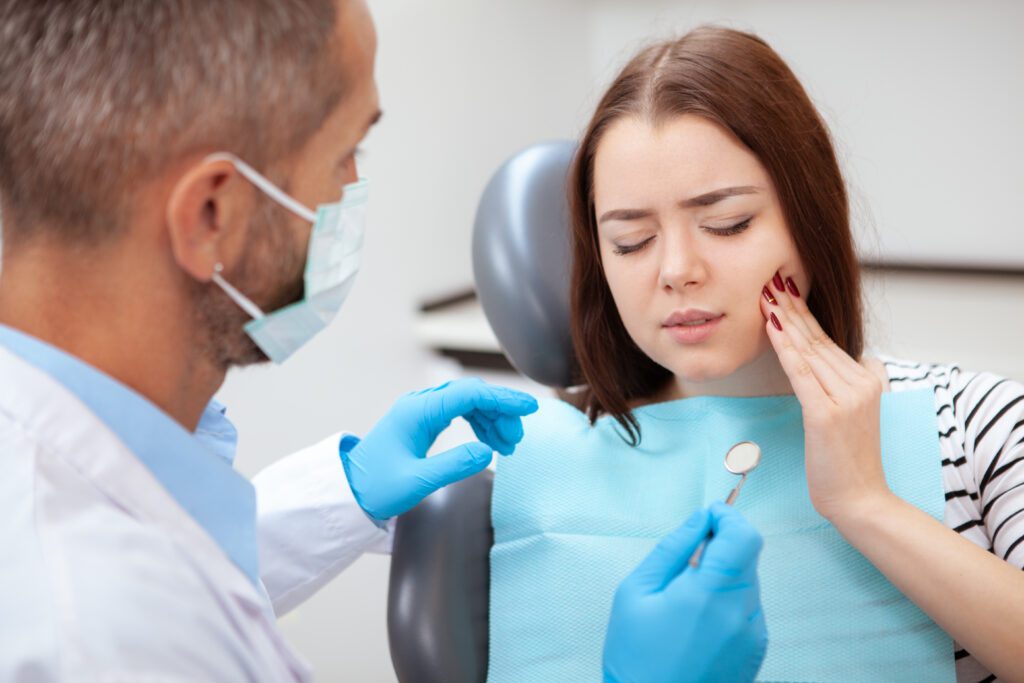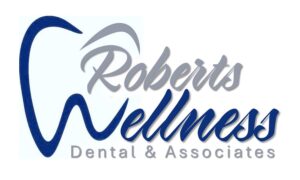Cracked Teeth: Understanding, Treating, and Preventing

Different Treatment Options for Different Types of Cracked Teeth
At Roberts Wellness Dental, we prioritize your dental health as a vital aspect of overall well-being. Located in Centralia, we are committed to addressing a range of dental issues, with cracked teeth being among the most common yet complex cases we encounter. Understanding the causes, treatment options, and preventive measures for cracked teeth can significantly impact your dental health and prevent further complications.
How Do You Chip or Crack Your Teeth?
Teeth are protected by enamel, which is the hardest substance in your body. However, enamel has its limits. Engaging in habits such as chewing on hard candies, ice, or biting down with excessive force can lead to chipped or cracked teeth. External trauma from a blow to the face or accidents during sports can also cause significant dental injuries.
Additionally, poor dental hygiene and existing cavities can weaken teeth, making them more susceptible to cracks. Surprisingly, many individuals with cracked teeth experience no immediate pain, particularly if the crack only affects the enamel. It is crucial, therefore, to maintain regular dental check-ups with your Centralia dentist to detect such issues early.
Types of Cracked or Chipped Teeth and Recommended Treatments
- Craze Lines: These superficial cracks only affect the outer enamel. Common among adults, craze lines are generally painless and do not require medical treatment unless for aesthetic concerns.
- Fractured Cusps: This type of crack typically occurs around a tooth’s chewing surface and may not always reach the pulp, making root canal therapy unnecessary. The removal of the fractured piece, followed by the placement of a crown, is usually sufficient to restore the tooth’s function and appearance.
- Deep Cracks: These can extend from the chewing surface down into the root. If a crack reaches the pulp, the site can become inflamed or infected, necessitating root canal treatment and subsequent restoration with a crown to salvage the tooth’s integrity.
- Split Tooth: This condition results from a crack that worsens over time until the tooth is divided into separate parts. Depending on the severity and location of the split, treatment options may include saving part of the tooth with a crown or, in some cases, extracting the tooth entirely.
- Vertical Root Fractures: These fractures start at the root and extend towards the chewing surface, often remaining unnoticed until significant damage has occurred. They are typically challenging to treat and may require endodontic surgery or extraction.
Preventive Measures to Avoid Cracked Teeth
Despite the difficulty in completely preventing dental fractures, there are several strategies that Roberts Wellness Dental recommends to minimize risks:
- Avoid chewing on hard objects such as ice, popcorn kernels, and hard candies that can cause stress fractures in teeth.
- Do not clench or grind your teeth. If nighttime grinding is a problem, consider discussing a custom mouthguard with your Centralia dentist.
- Always wear a protective mouthguard during contact sports or activities that could result in facial impact.
The Importance of Regular Dental Visits
Regular dental visits are essential for maintaining oral health and early detection of potential problems like cracked teeth. During a routine check-up, your dentist can identify and address vulnerabilities in your teeth that may not yet be visible or causing discomfort. Preventive care is crucial in avoiding extensive dental procedures down the road.
Frequently Asked Questions About Cracked Teeth
1. How can I tell if I have a cracked tooth if it doesn’t hurt?
While some cracked teeth may not present immediate pain, there are signs to watch for. You might experience occasional discomfort when chewing or sensitivity to hot or cold temperatures. Sometimes, the pain may come and go. Regular check-ups are crucial as they allow your dentist in Centralia to detect cracks you might not see or feel. Using specialized dental equipment, your dentist can diagnose and address these issues before they worsen.
2. What should I do if I crack a tooth?
If you crack a tooth, it’s important to contact Roberts Wellness Dental immediately. In the meantime, rinse your mouth with warm water to clean the area and apply a cold compress to your face to minimize swelling. Avoid chewing on the affected side and stick to soft foods. Prompt treatment is essential to prevent further damage or infection.
3. Can a cracked tooth heal on its own?
A cracked tooth will not heal on its own. Unlike bones, dental enamel doesn’t regenerate. Ignoring a cracked tooth can lead to more significant issues, including infections and possible tooth loss. Treatment options such as bonding, crowns, or root canal therapy are necessary to restore the tooth’s integrity and prevent further complications.
Choosing Roberts Wellness Dental for Your Dental Needs
When facing dental issues such as cracked teeth, choosing the right dentist is paramount. As a leading dentist in Centralia, Roberts Wellness Dental is renowned for its comprehensive approach to dental care. Dr. Brian Roberts, backed by a team of experienced dental professionals, provides personalized treatment plans tailored to individual needs. Our office is equipped with the latest dental technology to ensure accurate diagnoses and effective treatments, emphasizing patient comfort and long-term dental health.
If you’re experiencing symptoms of a cracked tooth or it’s time for your regular dental check-up, don’t hesitate to contact Roberts Wellness Dental. Early intervention is key to preventing further damage and ensuring your teeth remain healthy and strong. Call us today at (360) 736-8380 to schedule an appointment and take a proactive step towards maintaining your dental health.
